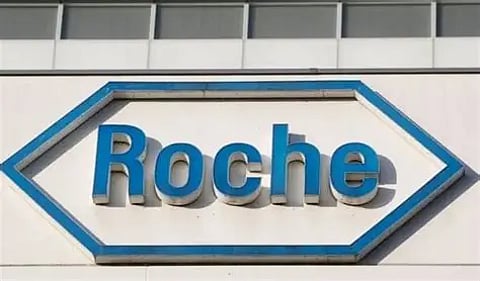

Global healthcare major Roche has unveiled plans to acquire U.S.-based biotech company 89bio in a deal valued at up to $3.5 billion. The move marks a significant step in Roche’s strategy to expand its pipeline for treating liver diseases, complementing its recent drive into the rapidly growing weight-loss therapies market.
Roche said the acquisition deal is structured at approximately $2.4 billion in upfront value, with an additional non-tradeable contingent value right that could push the total to $3.5 billion. The company will offer $14.50 in cash per 89bio share, plus up to $6.00 per share tied to future development milestones.
89bio’s lead experimental therapy, pegozafermin, is an FGF21 analogue currently in late-stage trials for Metabolic dysfunction-associated steatohepatitis (MASH), a serious form of fatty liver disease. Roche said the acquisition aligns with its focus on addressing cardiovascular, renal, and metabolic conditions—particularly for people living with obesity and related complications such as MASH.
"It's a very nice complement in terms of being able to treat another very common comorbid condition with obesity," said Teresa Graham, head of Roche’s pharmaceutical division.
This deal follows Roche’s recent moves to strengthen its metabolic health portfolio, including a partnership with Zealand Pharma earlier this year worth up to $5.3 billion and its $2.7 billion acquisition of weight-loss drug developer Carmot in late 2023.
Interest in FGF21-based therapies has surged recently. GSK announced plans in May to acquire a liver drug from Boston Pharmaceuticals in a deal worth up to $2 billion, while Akero Therapeutics reported mid-stage trial results showing its candidate helped reverse liver damage, sending its shares soaring.
When asked how pegozafermin compares with rival candidates, Graham said,
“We believe that this has the potential to have best-in-disease efficacy, as well as an attractive convenience profile.”
She added that Roche could also test pegozafermin alongside its weight-loss drug candidates, in addition to ongoing monotherapy trials.
Meanwhile, industry leaders Novo Nordisk and Eli Lilly—who dominate the GLP-1 weight-loss market—are also exploring their treatments for use in MASH and related liver conditions.